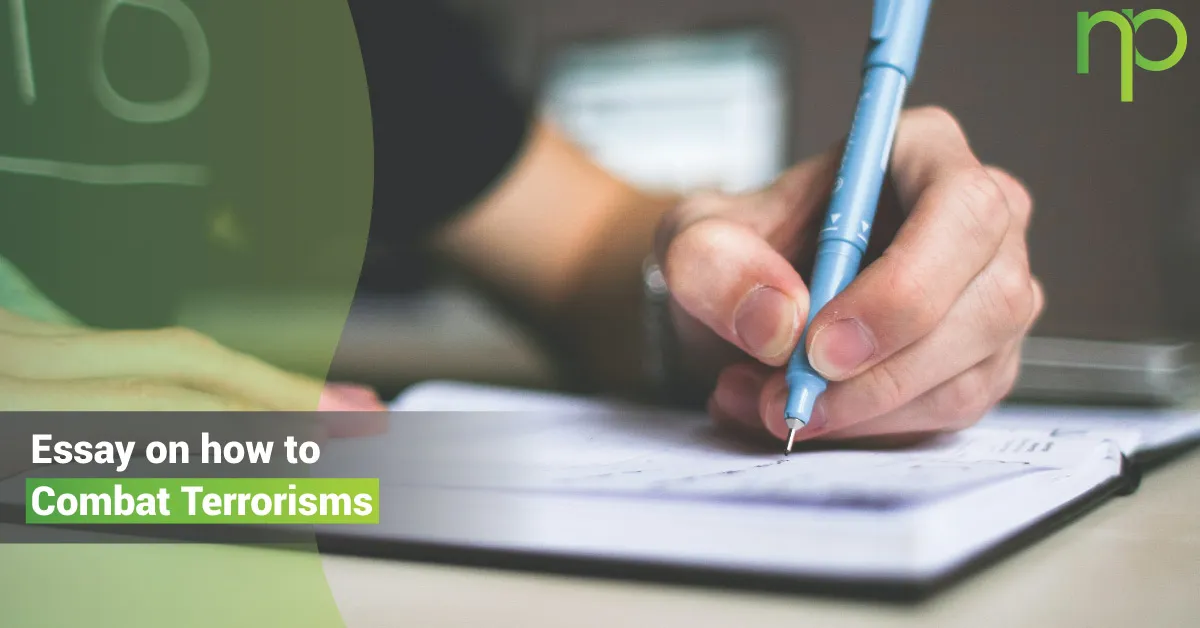
- November 22, 2023
- ubaidah khan
- 0
Terrorism, a global challenge that jeopardizes peace and security, demands a multifaceted strategy to effectively combat its roots and instantiations. In this composition, we explore a companion on combating terrorism, fastening on visionary measures that go beyond conventional responses.
Understanding Terrorism:
Terrorism is characterized by the use of violence to inseminate fear for political, religious, or ideological purposes. To combat this imminence, we must first understand its root causes and borrow strategies that address them.
Socioeconomic Reforms:
Addressing the socioeconomic differences that breed disgruntlement and despair is pivotal. By investing in education, job creation, and poverty reduction, societies can dwindle the appeal of revolutionist testaments embedded in profitable grievances.
Intelligence and Information participating:
Empowering intelligence agencies and promoting transnational information sharing is consummated. Effective intelligence gathering enables preemptive conduct, precluding implicit attacks before they do. Cooperative sweat among nations enhances the global capability to offset terrorism.
Counter-Radicalization Programs:
Implementing programs that offset radicalization is essential. These programs should concentrate on communities, educating individuals on critical thinking, forbearance, and the troubles of revolutionist testaments. By addressing the root causes, we can help the reclamation of new terrorists.
Cybersecurity Measures:
Feting the part of the internet in radicalization, cybersecurity measures are pivotal. Governments and tech companies must unite to cover and fight online revolutionist content, thereby dismembering digital reclamation channels.
Military and Strategic Interventions:
While military conduct is occasionally necessary, it should be strategic and measured. Consideration of philanthropic impacts and long-term stability sweats is pivotal to help unintended consequences and foster lasting peace.
Rehabilitation and Reintegration:
Effective recuperation programs for individuals involved in terrorism are vital. Captivity programs should concentrate on de-radicalization, furnishing cerebral support, and chops training to restrict former crazies into society successfully.
International Legal fabrics:
Establishing and administering international legal fabrics against terrorism ensures responsibility. Fair and transparent trials for individuals indicted of terrorism are essential to maintain credibility in the fight against unreasonableness.
Responsible Media Reporting:
Media plays a pivotal part in shaping public perception. Responsible reporting is vital to avoid sensationalism and unintentional creation of revolutionist testaments.
Public Awareness and Community Engagement:
Engaging the public through mindfulness juggernauts ensures a collaborative understanding of the pitfalls posed by terrorism. Community involvement empowers individuals to play an active part in relating and precluding radicalization.
Addressing Root Causes in Refugee Populations:
Deportees are particularly vulnerable to reclamation. Furnishing philanthropic aid, addressing their requirements, and easing their integration into host societies reduces the threat of exploitation by terrorist associations.
Education as a Preventative Measure:
Education is an important tool in promoting forbearance and understanding. By fostering critical thinking and global mindfulness, educational institutions can offset ignorance and help the spread of revolutionist testaments.
Economic Stability:
Fostering stable husbandry is a visionary measure against terrorism. Addressing poverty and inequality directly undermines the appeal of revolutionist testaments, as individualities are less likely to turn to terrorism in times of profitable stability.
Dismembering Funding Channels:
Relating and dismembering the backing channels of terrorist associations is critical. Cutting off their fiscal support weakens their functional capabilities, making it more grueling for them to carry out attacks.
Rigidity and Nonstop Assessment:
Remaining watchful and adaptable to arising pitfalls is pivotal. Nonstop assessment of counter-terrorism strategies allows for adaptations and advancements to stay ahead of evolving challenges.
Celebrating Success and Collaboration:
Feting and celebrating successes in the fight against terrorism boosts morale and encourages continued collaboration. The global community must unite in the participation thing of creating a world less susceptible to the influence of terrorism.
Conclusion:
In conclusion, combatting terrorism requires a visionary and comprehensive approach that addresses the root causes, fosters transnational collaboration, and engages communities in colorful situations. By enforcing the strategies outlined in this companion, nations can work together to produce a safer and more secure world.